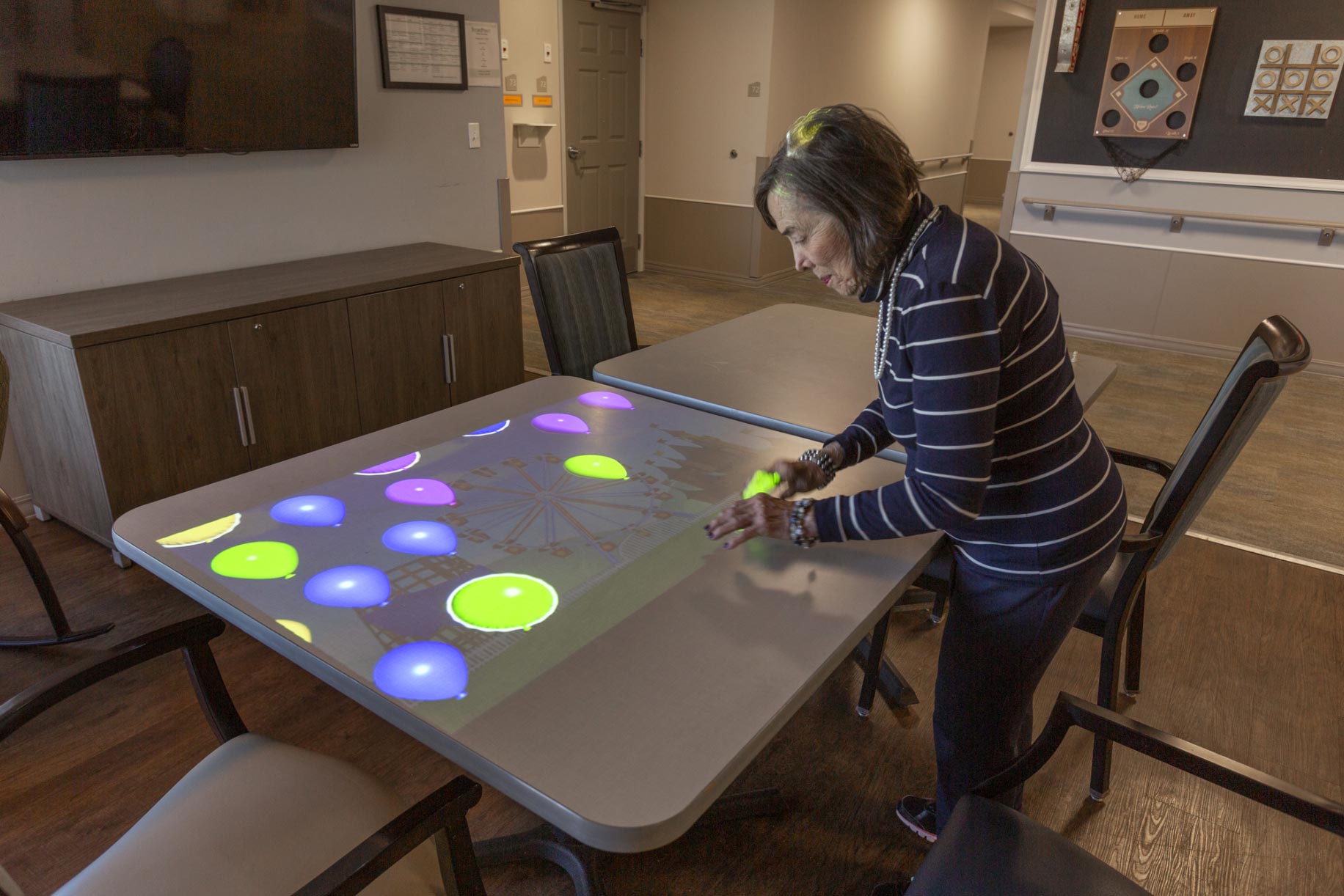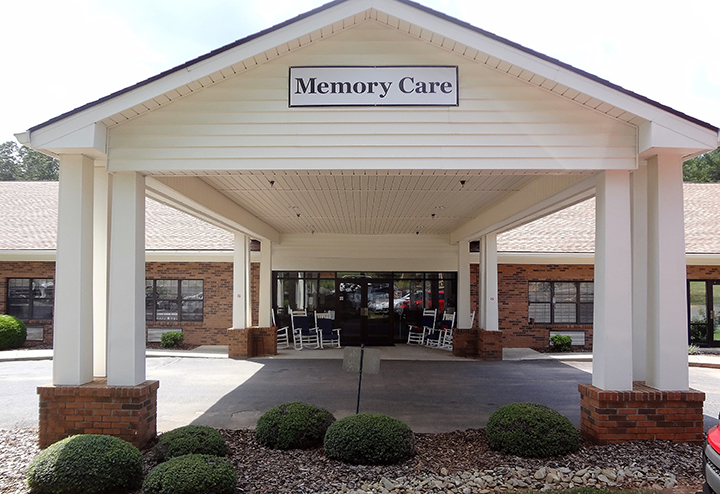Professional Tips for Offering High quality Alzheimer's Treatment in your home
Caring for an individual with Alzheimer's disease at home presents unique obstacles that call for both understanding and critical planning. As we explore these professional pointers further, it comes to be clear that a thoughtful method can considerably influence the top quality of life for both the caretaker and the individual getting care.
Understand Alzheimer's Illness
Alzheimer's disease, a progressive neurodegenerative condition, profoundly affects cognitive feature and daily living activities. It mostly impacts memory, assuming, and behavior, resulting in a steady decrease in the capabilities necessary for independent living. Early signs typically consist of forgetfulness, problem in analytic, and challenges in completing acquainted jobs. As the disease advances, individuals might experience disorientation to time and area, damaged judgment, and changes in mood and individuality.
The etiology of Alzheimer's is intricate, including the buildup of amyloid plaques and tau tangles in the brain, which disrupt neuronal communication and lead to cell death. Danger variables include age, genetics, and way of living choices, with the majority of situations happening in people over 65. Recognition of these aspects is essential for caregivers, as recognizing the problem can promote far better assistance and care techniques.
Additionally, Alzheimer's disease not only influences the individual but also has significant emotional and logistical effects for family members. Identifying the phases of the condition permits caretakers to expect challenges and adapt their method, guaranteeing that the needs of those influenced are met compassion and understanding. This fundamental expertise is crucial for promoting top quality care in the house.
Establish a Routine
Creating an organized everyday routine can significantly boost the high quality of life for individuals coping with Alzheimer's disease. Establishing constant patterns aids to lower confusion and anxiety, giving a sense of safety and security and knowledge. A day-to-day routine ought to consist of regular times for dishes, activities, and rest, which can assist people expect what to anticipate throughout the day.
Incorporating basic, familiar jobs right into the regimen can promote a feeling of achievement and self-reliance. Tasks like horticulture, cooking, or perhaps simple family chores can be beneficial. It is important to tailor these activities to the individual's passions and abilities, guaranteeing interaction without disappointment.
Moreover, flexibility within the regimen is key. While consistency is essential, permitting for changes based upon the individual's mood or energy levels can aid maintain a positive atmosphere. Encourage participation in social interactions, whether with household sees or area tasks, as these can give excitement and link.
Enhance Interaction Abilities
Reliable interaction is necessary for preserving significant connections with people dealing with Alzheimer's illness. As cognitive capabilities decline, traditional conversation might come to be difficult. For that reason, caretakers must adjust their interaction techniques to foster understanding and connection.

Program genuine passion by maintaining eye call and nodding to recognize their feelings or ideas. Rather, validate their emotions and redirect the discussion carefully if required.
Utilizing aesthetic help, such as images or composed tips, can additionally boost comprehension. Urge involvement in activities that boost discussion, such as recollecting regarding previous events or checking out image cds.
Develop a Safe Setting
A supportive environment plays a substantial duty in the well-being of people with Alzheimer's illness. Producing a risk-free home setting is vital to decrease threats and improve the lifestyle for both the specific and their caretakers. Begin by assessing the home for prospective dangers. Eliminate tripping threats such as loose carpets, electrical cables, and mess. Make certain that pathways are clear find out here and well-lit to avoid falls.
Set up security locks on windows and doors to stop straying, which is a common issue in Alzheimer's clients. In addition, consider using non-slip floor coverings in bathrooms and mount grab bars for added support. Identifying rooms and essential items can assist people navigate their environments much more conveniently.
Emergency get in touches with need to be plainly published near phones, and a clinical alert system can supply satisfaction. Consider using childproofing steps for unsafe compounds and sharp things. On a regular basis check smoke alarm and carbon monoxide alarms to ensure they are functioning. Generally, customizing the home atmosphere to the unique demands of the private with Alzheimer's not just advertises security however likewise encourages self-reliance and comfort.
Look For Assistance and Resources
Accessing assistance and sources is important for caretakers and individuals encountering the difficulties of Alzheimer's disease. Caregiving can be overwhelming, both physically and mentally, and it is essential for caretakers to look for support to maintain their health and offer top quality care.

In addition, checking out respite care options can manage caretakers much-needed breaks, permitting them to decrease and recharge exhaustion. This might include adult day programs or at home care solutions. Financial support programs may also be readily available to assist offset the costs of care.

Final Thought
In recap, offering quality Alzheimer's treatment in your home requires a diverse approach. Comprehending the complexities of the illness, developing a structured regimen, enhancing communication abilities, producing a risk-free atmosphere, and looking for support from offered resources collectively add to enhanced caregiving experiences. Implementing these approaches not only fosters a feeling of independence and success for people with Alzheimer's however also eases caretaker stress, inevitably improving the top quality of life for both caretakers and those they sustain.
Caring for a specific with Alzheimer's disease at home presents distinct challenges that need both understanding and strategic planning.In addition, Alzheimer's disease not just influences the private but also has substantial emotional and logistical ramifications for households.Producing an organized day-to-day regimen can substantially boost the quality of life for individuals living with Alzheimer's condition.Efficient top article communication is crucial for maintaining purposeful links with people living with Alzheimer's condition. Alzheimers Care Charlotte. Applying these strategies not just cultivates a feeling of independence and achievement for people with Alzheimer's however additionally minimizes caregiver stress and anxiety, ultimately enhancing the top quality of life for both caregivers and those they sustain